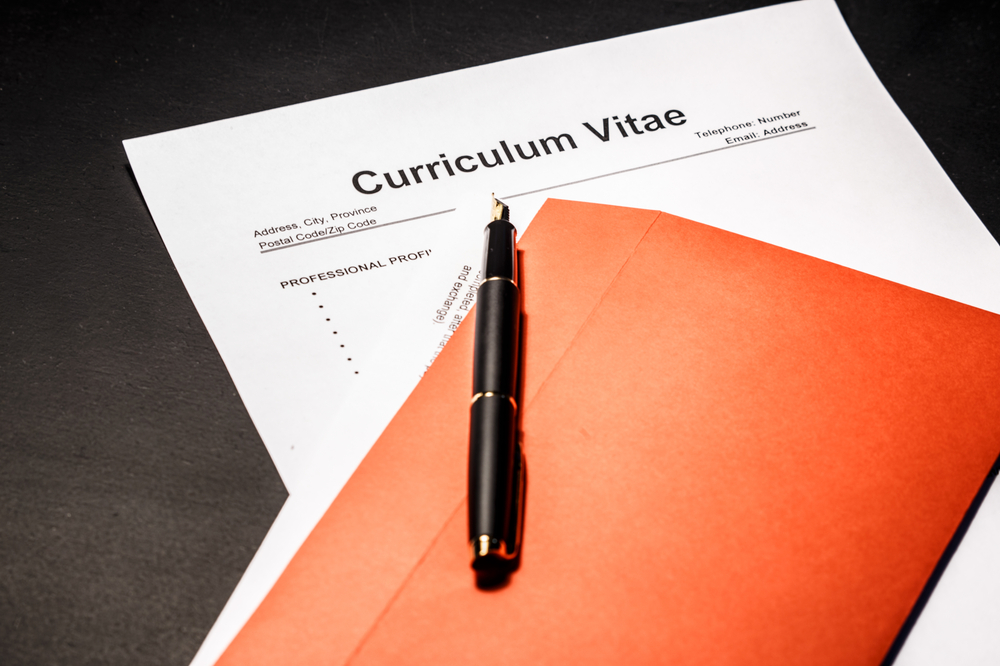
Making the perfect CV is the first step to getting your dream job. It is a craft that, when done well, can have amazing results. Putting time and effort into your CV is well worth it.
CVs have two objectives. The first is to inform the employer about your work experience, education and job skills. Convincing them you are the best candidate for the job is the second.
There are a number of requirements for a good CV. It’s important for it to be both informative and persuasive. Ensure that you highlight the abilities, skills and work experience you have that are relevant to the job.
Use the information that will set you aside from other candidates to your advantage. However, make sure to present them in a well-structured yet concise document. Remember, you want your CV to get you an interview.
A CV that is considered “good” will have a number of characteristics. First of all, it will be clear, short and targeted to the job description as well as well written and well presented. Next, highlight your strong points relevant to the job. Highlight the relevant work experience and achievements and useful aspects of your previous education and training.
Your CV can include 6 different sections. These are personal details, educational details, employment history, additional information (optional), interests and activities (optional) and references.
Personal details include your name, address, phone number, nationality and optional marital status. Educational details such as the schools or colleges you attended and the dates, examination results/qualifications are necessary. However, if you have a Primary Degree, you don’t need to list your Leaving Certificate results.
Employment history should include your previous employments listed in chronological order including employer’s name and address and dates you worked there. Detail the positions held, the duties and responsibilities you undertook. Try to portray yourself as a high achiever by listing any job-related achievements.
Additional information is optional but it can provide the employer with a better understanding of you as a candidate for the job. You could include the likes of computer literacy levels or keyboard skills. If you have a driving licence or own a car, mentioning this could help your application. If you speak any languages, list them.
Hobbies and interests are an optional addition to your CV that some opt for and others don’t. If you chose to add them, you can list your sporting interests or achievements, voluntary work or local community involvement, physical and cultural activities, and club or society memberships.
References will allow others to vouch for your competence and character. Two references are recommended from the likes of a previous employer, college lecturer or school principal. When obtaining a reference, you must ask the permission of your referee first. Include their name, title, postal address and telephone number. At the end of your CV, you should suggest references from your current employer only be furnished upon request.
Once you’ve covered these sections, you need to focus on the presentation of the CV. Do not use more than 2 A4 sheets with 1-inch margins. If you’re printing it out, make sure it’s high quality. Make sure spelling, grammar and punctuation are correct. However, don’t stress about fancy covers or binding.
There are a few key points to remember. Keep your CV simple and easy to read. You must use information that is completely truthful and original. Avoid hard to understand jargon. Don’t indicate your desired salary on your CV. Finally, make sure to be positive! For example, outline the benefits of what you learned in a course that you may not have completed.